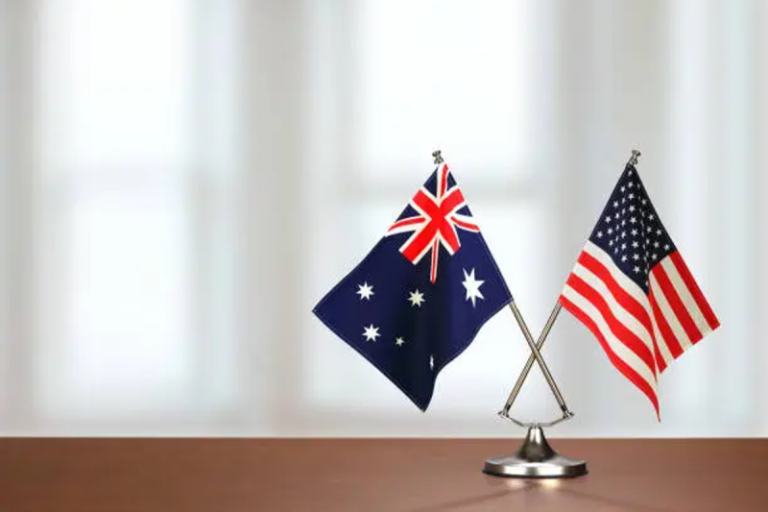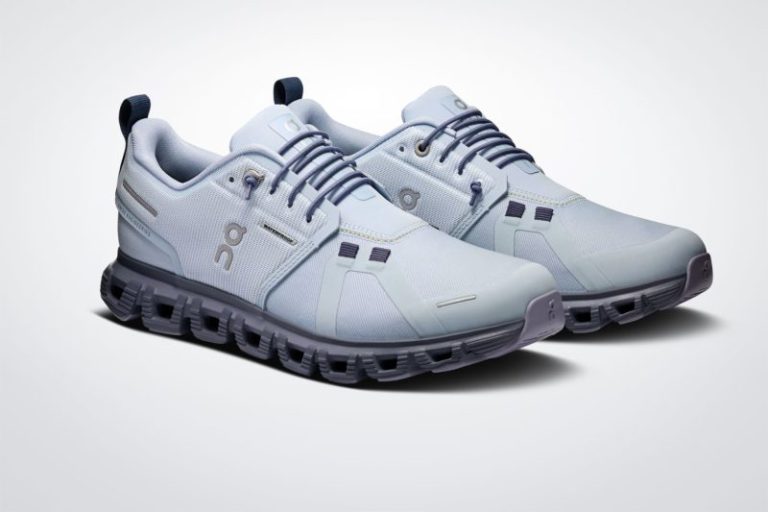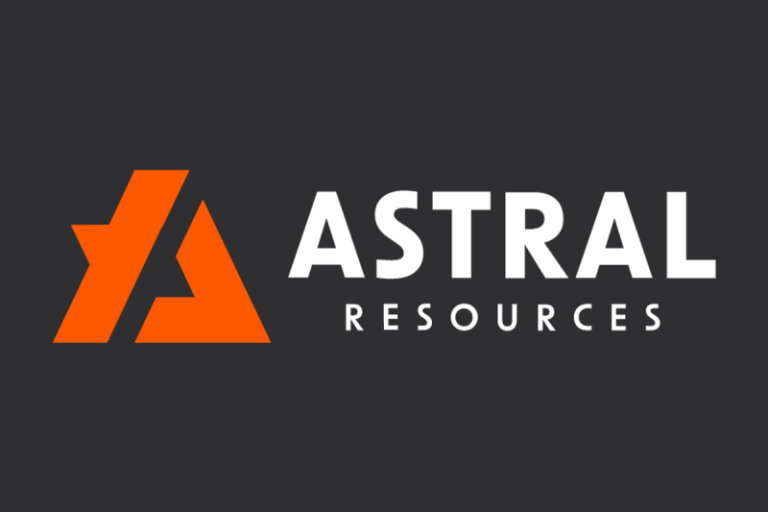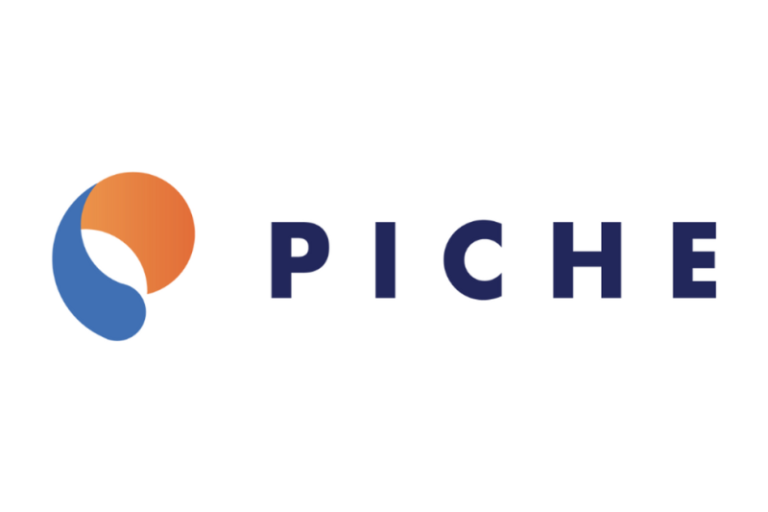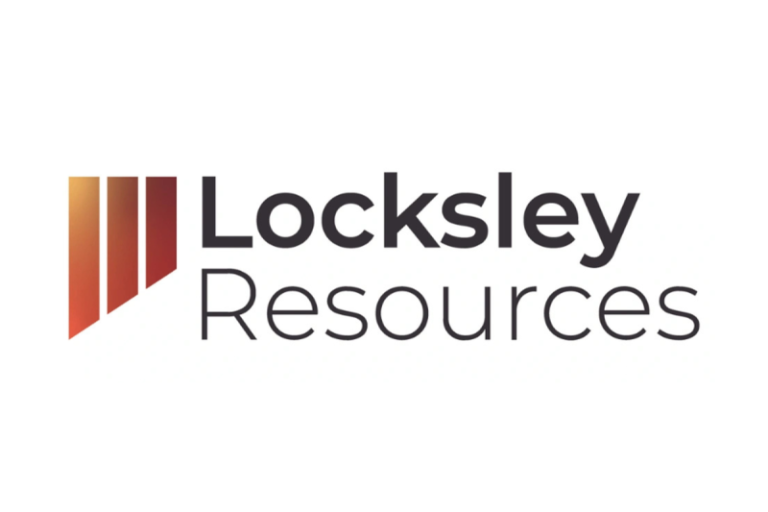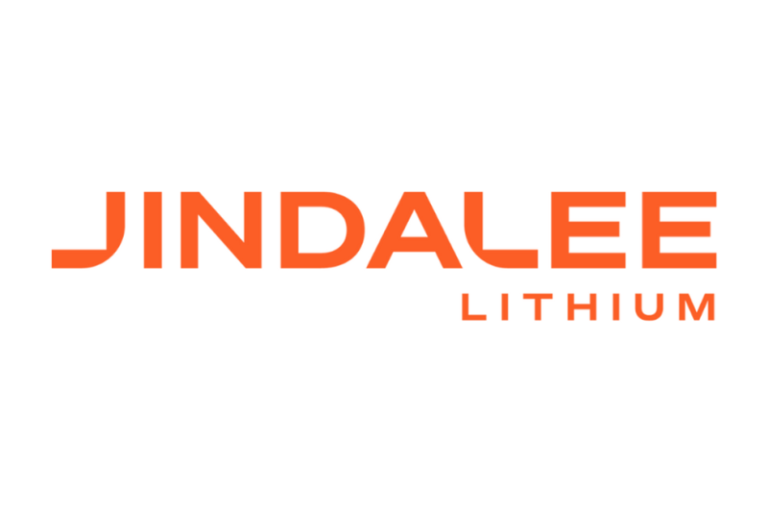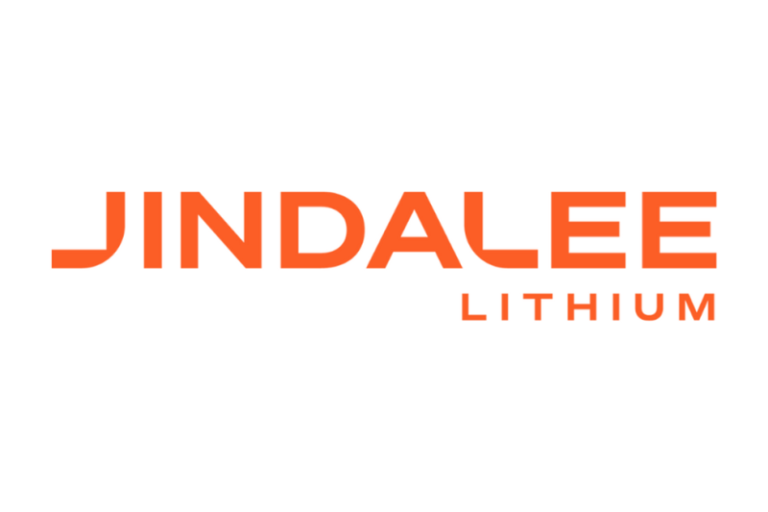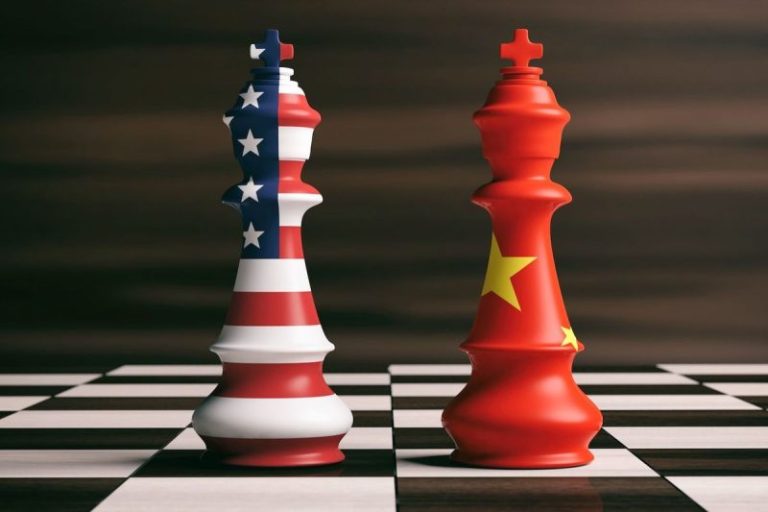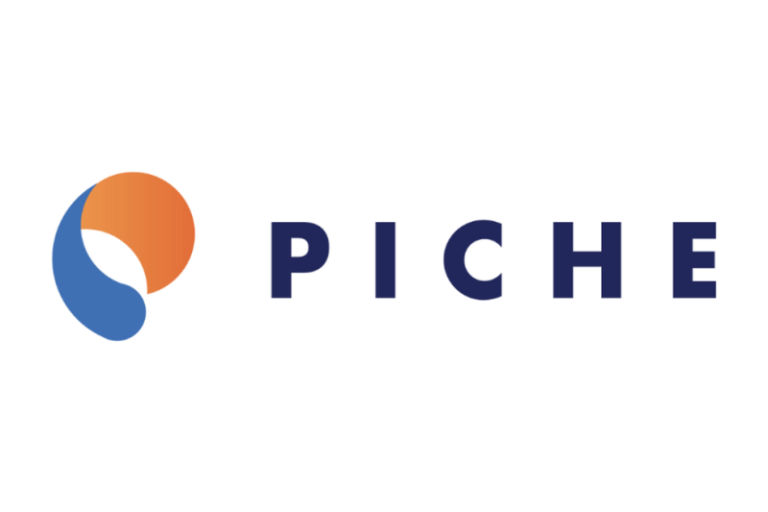Australian Prime Minister Anthony Albanese and US President Donald Trump signed a rare earths deal during their meeting at the White House on Monday (October 20).
The meeting was set to focus on critical minerals and rare earths, with Albanese telling Bloomberg on Sunday (October 19) that it would also be an opportunity to “consolidate and strengthen” the Australia-US relationship.
According to insiders, the deal had been in the works for five months.
During the meeting, Trump said he “never had any doubts” about the countries’ bond, adding that “there’s never been anybody better.” For his part, Albanese described the deal as an US$8.5 billion pipeline ‘that we have ready to go.’
The signing happened after opening remarks from Trump, during which the US president called the deal a “key objective” in reducing reliance on China. “Within a year, we’ll have critical minerals and rare earths that you won’t know what to do with them,” Trump said, adding, ‘They’ll be worth about two dollars.’
China currently holds the world’s largest rare earths reserves and is the top producer by far, but Australia has been highlighted as a key player as trade tensions between the US and China ramp up.
The country is home to some of the most significant rare earths operations globally, such as Lynas Rare Earths’ (ASX:LYC,OTC Pink:LYSDY) Mount Weld mine, and Arafura Rare Earths’ (ASX:ARU,OTC Pink:ARAFF) Nolans project.
Last week, several companies, such as Nova Minerals (ASX:NVA,NASDAQ:NVA), were invited to brief the Australian government on key projects prior to the country’s meeting with the US.
Nova was instructed to include an overview of its flagship Estelle gold project, including the key minerals identified, planned expansion activities and the company’s engagement with US government agencies.
The same goes for Resolution Minerals (ASX:RML,OTCQB:RLMLF), which was invited for a briefer on its Idaho-based Horse Heaven gold-antimony-tungsten project.
Both Nova and Resolution were among the top-gaining mining stocks on the ASX last week.
Trump supports Biden-era AUKUS deal
Albanese and Trump also discussed the AUKUS submarine deal, a multibillion-dollar agreement between Australia, the UK and the US, which is geared at boosting security in the Indo-Pacific region.
When asked whether AUKUS is meant to be a “deterrent” for China, Trump answered yes. However, he also said he doesn’t think that will be needed as the US military is the best in the world.
‘We’re going to get along great with China,’ he said.
AUKUS is worth around US$239 billion, or AU$368 billion, over 30 years.
Starting in 2032, Australia plans to buy three Virginia-class submarines from the US, with the option to get two more. These will fill the gap while the UK and Australia develop a new submarine model. Trump also said the US is working on building more submarines for Australia and is going to expedite submarine exports to the country.
Australia is expected to receive the first of the new submarines in the early 2040s.
Securities Disclosure: I, Gabrielle de la Cruz, hold no direct investment interest in any company mentioned in this article.

